We can have facts without thinking but we cannot have thinking without facts
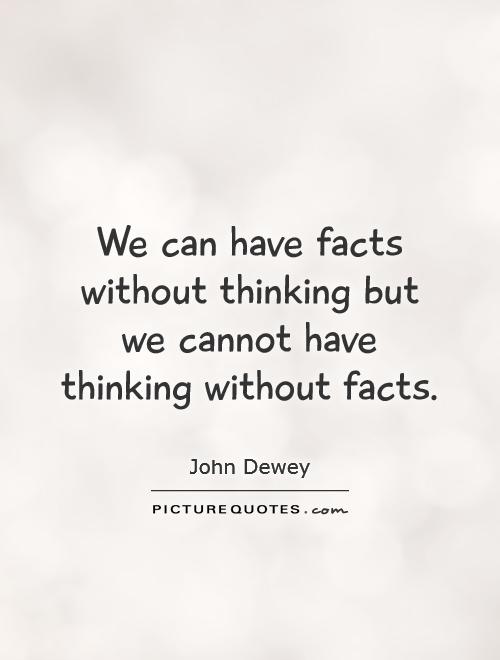
We can have facts without thinking but we cannot have thinking without facts
John Dewey, a prominent American philosopher, psychologist, and educational reformer, believed in the importance of critical thinking and the role of facts in shaping our understanding of the world. His quote, "We can have facts without thinking but we cannot have thinking without facts," encapsulates his belief that knowledge is not simply a collection of facts, but rather a process of critical reflection and analysis.Dewey argued that facts alone are not enough to truly understand a subject or issue. While facts provide us with information, it is our ability to think critically about those facts that allows us to make sense of them and draw meaningful conclusions. Without the ability to think critically, we are simply regurgitating information without truly understanding its implications or significance.
In Dewey's view, critical thinking involves questioning assumptions, evaluating evidence, and considering alternative perspectives. It requires us to engage with the facts we encounter, rather than simply accepting them at face value. By critically examining the facts, we are able to develop a deeper understanding of the world around us and make more informed decisions.
Furthermore, Dewey believed that thinking without facts is impossible. Our thoughts are shaped by the information we have access to, and without a foundation of facts, our thinking lacks substance and coherence. Facts provide us with a basis for reasoning and analysis, allowing us to form logical arguments and draw valid conclusions.
In the context of education, Dewey emphasized the importance of experiential learning and hands-on experiences in developing critical thinking skills. He believed that students learn best when they are actively engaged with the material, rather than passively receiving information. By encouraging students to question, explore, and analyze the facts they encounter, educators can help them develop the critical thinking skills necessary to navigate an increasingly complex world.
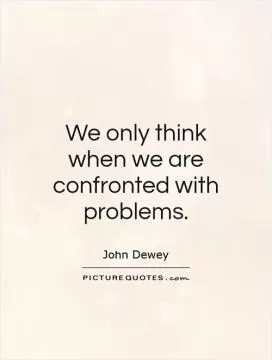
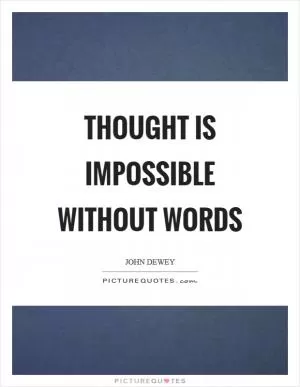
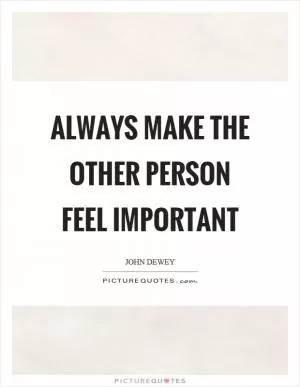
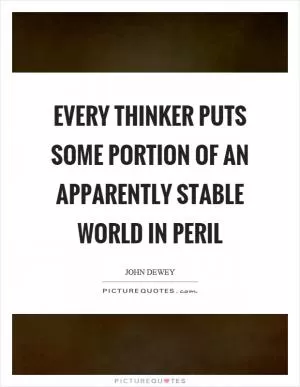
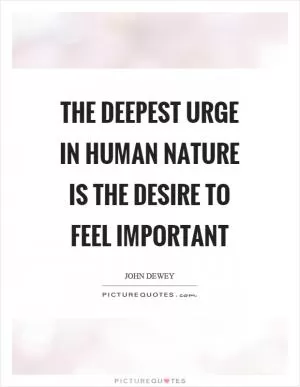
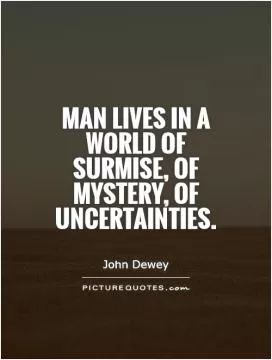
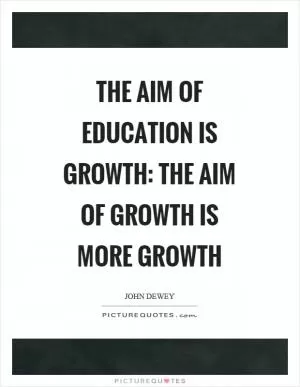
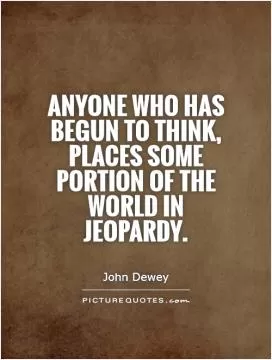

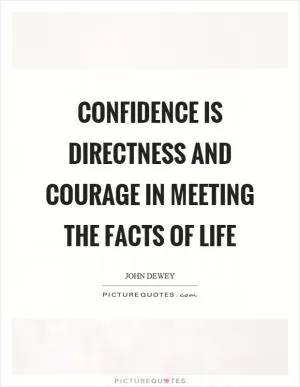

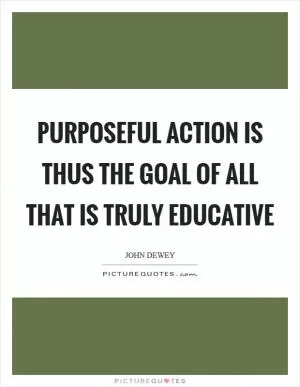
 Friendship Quotes
Friendship Quotes Love Quotes
Love Quotes Life Quotes
Life Quotes Funny Quotes
Funny Quotes Motivational Quotes
Motivational Quotes Inspirational Quotes
Inspirational Quotes